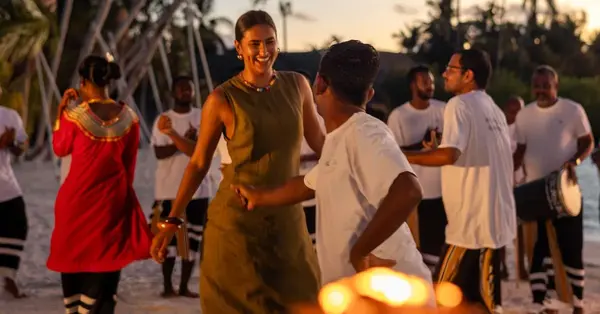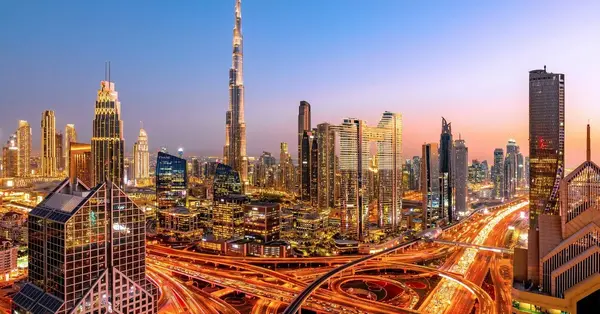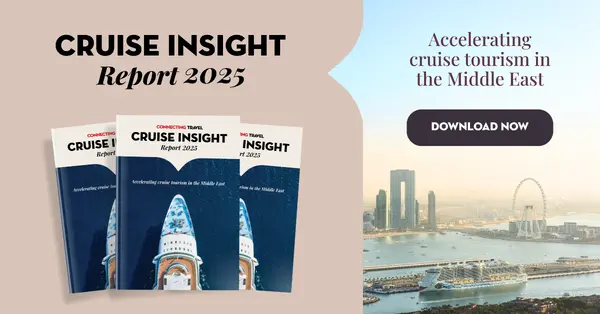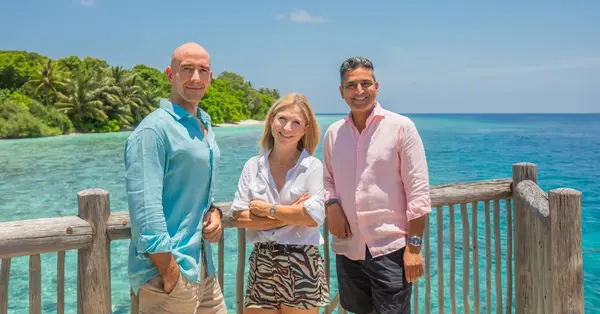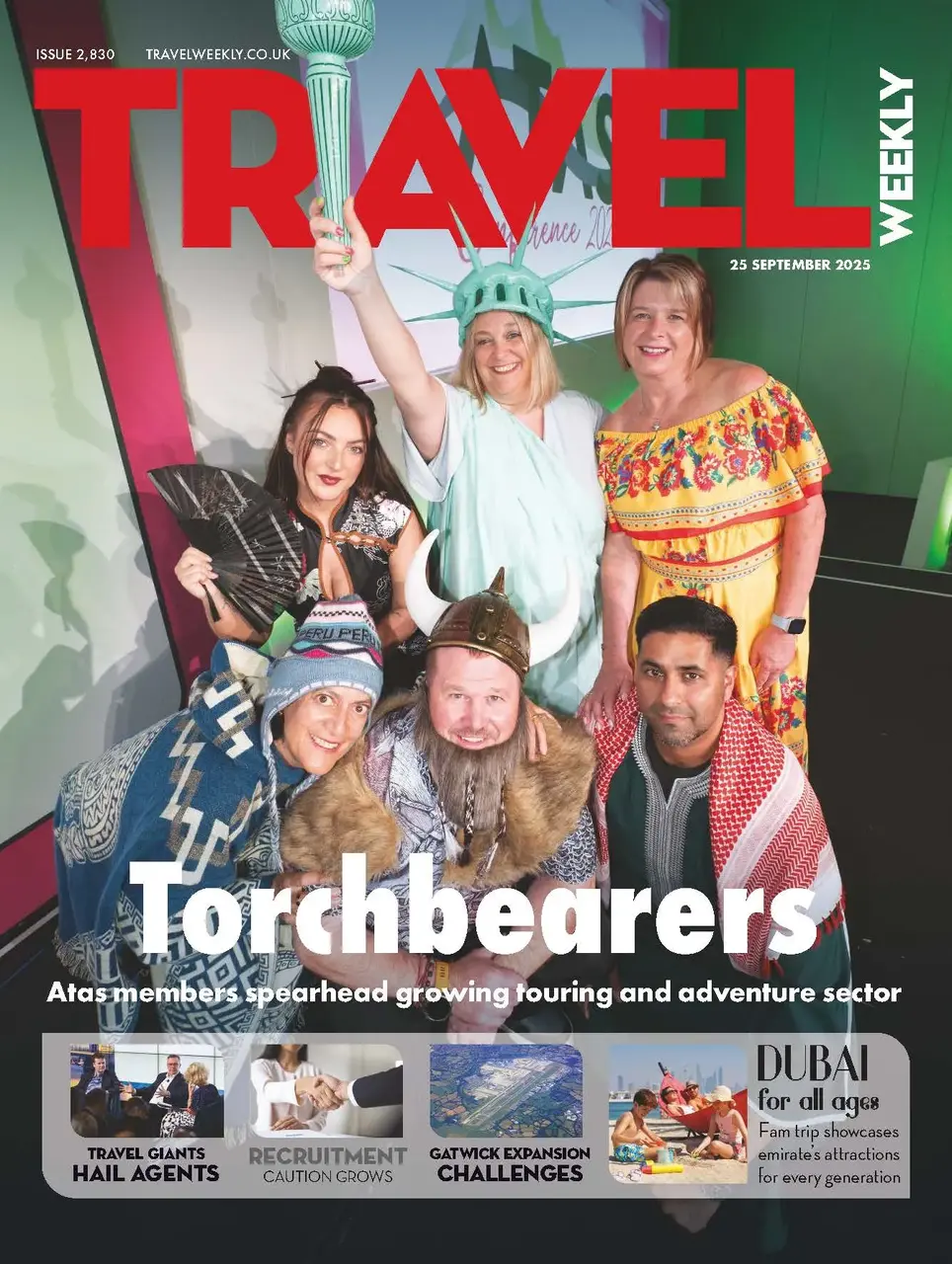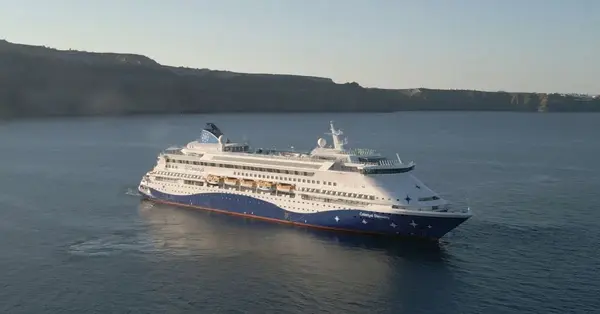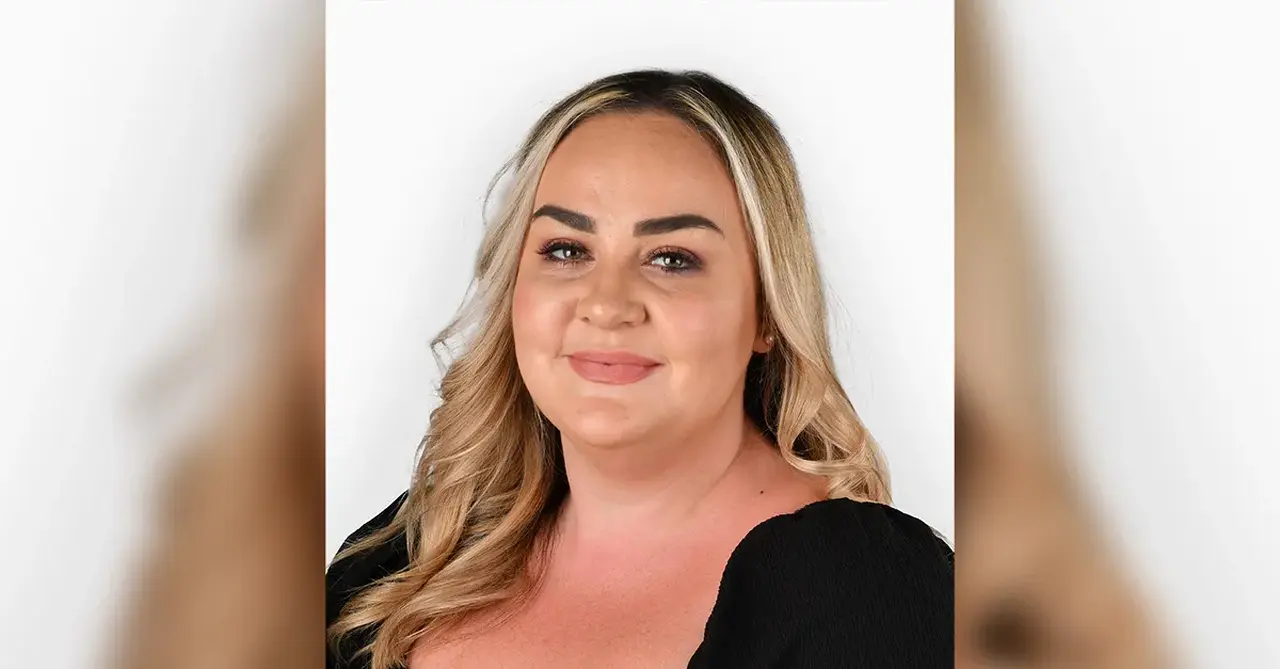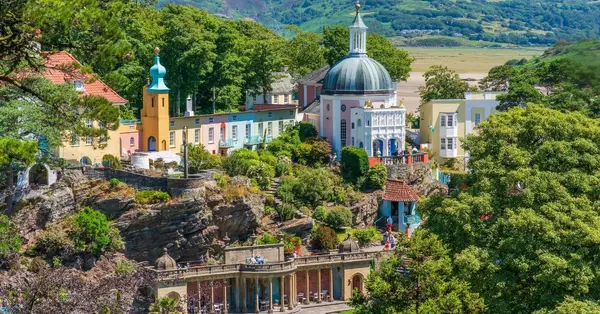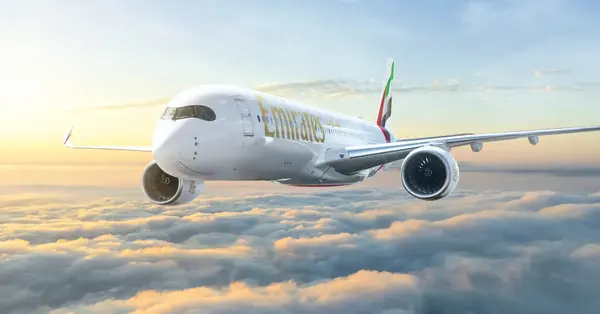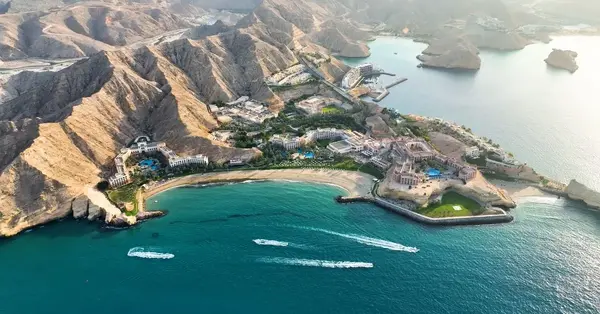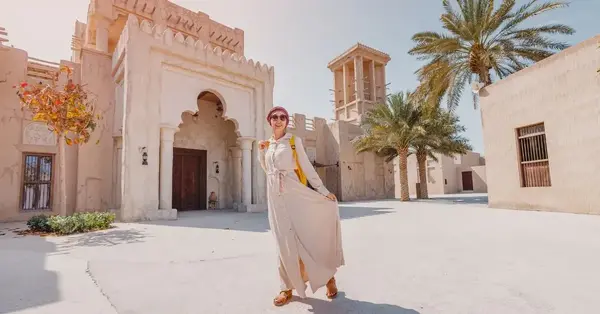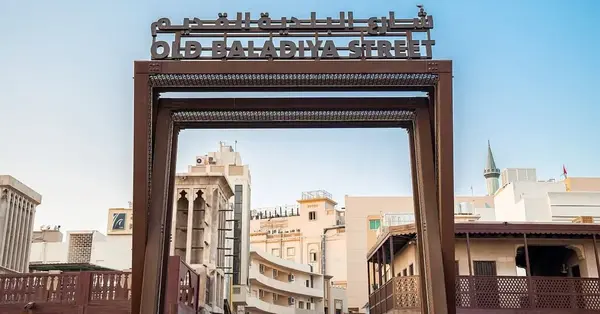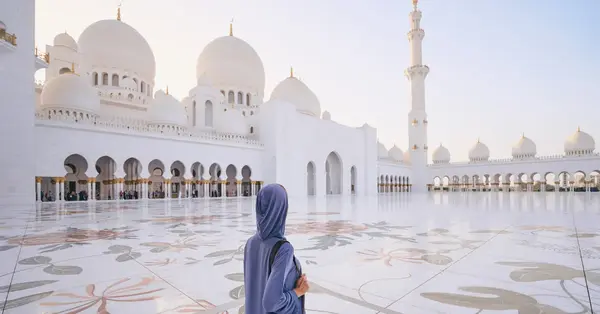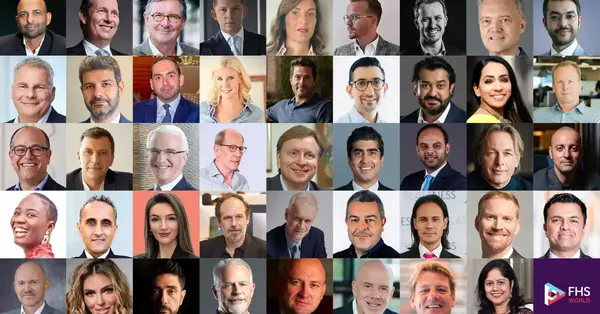You are viewing 2 of your 2 free articles
Interview: Hersh Suri on navigating Dubai's F&B landscape
Raised in Kenya until he was 15 before moving to London, Hersh Suri started working in F&B to make some extra money and more or less worked his way across London.
Being an introvert, Suri used food as a vehicle to make friends and break out of his shell. Now based in Dubai and less than a year into running Roobaru, an Indian-inspired restaurant serving inventive dishes in a laid-back environment, we catch up with him to discuss challenges, opportunities and the evolution of the city's F&B scene.
Connecting Travel: How would you describe the Roobaru concept?
Hersh Suri:
The concept of Roobaru revolves around community and inclusiveness. The word itself means 'face to face, encouraging guests to spend time with their loved ones at Roobaru. We try to make modern Indian food which is approachable to people of all ages and backgrounds. Above all, being a young restaurant, we just cook the food we like to eat, we're strong believers in cooking with passion and conviction, and that usually translates to a great product.
Roobaru interior
CT: There's no shortage of Indian and Indian-inspired restaurants in Dubai. What sets Roobaru apart from the current offering?
HS:
I believe there are very few Indian restaurants in Dubai that offer the quality of products in terms of the ingredients we us
e. For example, our lamb is grass fed English lamb or our beef tenderloin in our beef pepper fry, is prime USDA beef. The techniques of our cooking involves us utilising our custom-made parilla grill to reinvent our classics. Our naan is created from a sourdough base making it unique a
nd of course the level of service we provide our guests is what sets us apart. Often it gets frustrating as these characteristics aren't tangible but overall we are seeing growing appreciation for Roobaru and our product and for that, we are just grateful.
CT: As a young restaurateur, what are your greatest strengths and weaknesses?
HS:
Starting with weaknesses, as that's often what people focus on, it's hard to look past a certain degree of inexperience, and I'm firmly aware. I didn't know what an MEP drawing or a grease trap was, it was overwhelming at first. I am a firm believer though, in learning through experience, you either sink or swim. You need to also trust those around you to give you the best advice and at the end of the day, it's a gut feeling you just have to back yourself on.
In terms of strengths, I feel being a foodie who is fairly well travelled, I understand what people want when they eat out. I am very detail-oriented, sometimes that's a strength and other times it's a problem but I honestly love what I do. Even though there are days which feel tough, I wouldn't swap this for anything else.
Chote ke chole
CT: What was the thought process behind hiring your culinary team? Do you hire for talent, experience or attitude?
HS:
With chef Gaurav, we have all three, I am blessed to have found him so early in the development of Roobaru. I think attitude is most important, we disagree on many things on a daily basis, however, we both come with good intentions and that's why it works. Our objective from the beginning was to feed as many people as possible and that synergy is precious.
When it comes to pedigree and talent, he has worked at the best restaurants in India but many others have too, the ability to form relationships is a very unique and personal skill, our customers like him more than I do on most days, but overall we are lucky to have him and talented staff that provides the best quality service to our customers in my eyes.
CT: What would you like to see more or less of when it comes to restaurant openings and operations in Dubai?
HS:
Dubai is a tough place to open a restaurant, there are openings every week and no restaurant has a God-given right to succeed. You really have to pull customers in as the options are aplenty for them.
Restaurants are judged superficially in my opinion, there is less focus on the food and more focus on who was seen there. I would like to see less of the trend of reducing over 30 years of cumulative industry experience to an Instagram story from individuals with no real culinary qualification. It sounds as ridiculous as it feels in my opinion.
SIGN UP NOW: GET THE CONNECTING TRAVEL DAILY NEWSLETTER
CT: We're seeing several restaurant guides, rankings and ratings arrive in the region. What effect do you think this will have on the culinary sector?
HS:
As most restaurateurs and chefs tend to agree, accolades and rankings are fairly arbitrary. It is always wonderful to be appreciated and recognised, and I can assure you we would rather be judged by a standardised and experienced governing body. It would bring about a standardised level of performance. Often I say a lot of Dubai is who you know and who gets seen at your restaurant, I hope the arrival of guides such as Michelin and World's 50 best helps businesses in the culinary sector strive for success.
CT: What do you have coming up next?
HS:
Oh, a bit of this, a bit of that, I can't kiss and tell just yet! We want to open a second venue soon but we have some exciting things coming at Roobaru which I can't wait for everyone to see!
For more information, follow: www.instagram.com/roobaru.me


